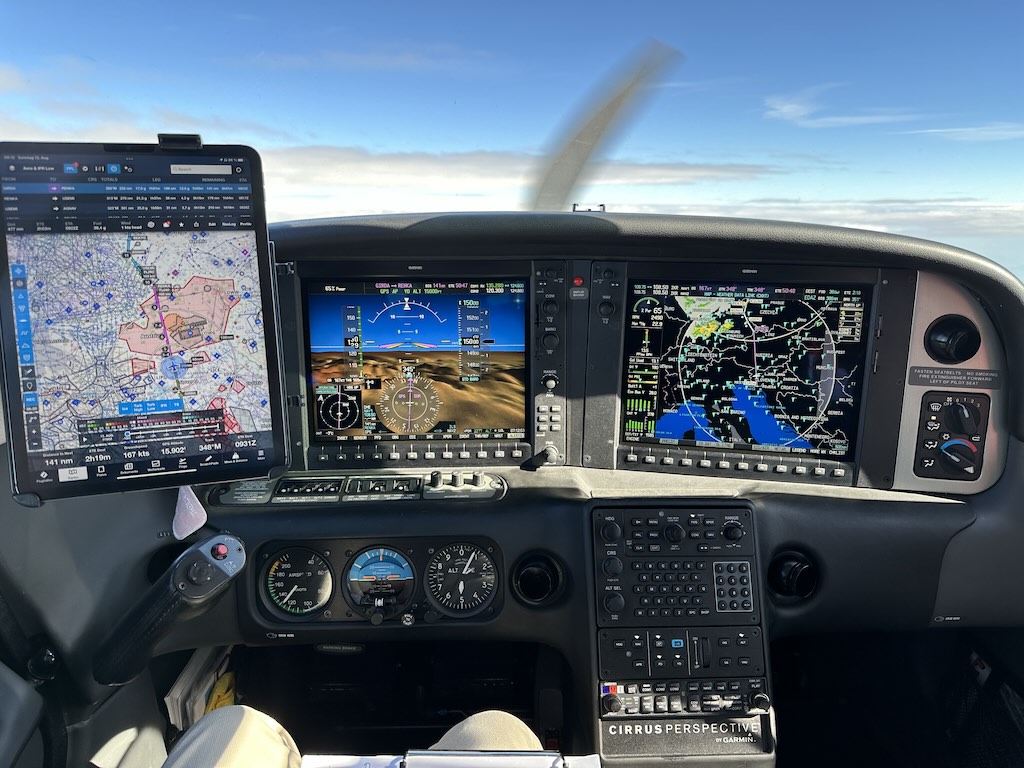What Being a Pilot taught me about product development.

- Flight Planning and Business Strategies: Just like in business, flying requires a meticulous plan. While I plotted courses and studied maps, I learned that even if the actual flight journey had different waypoints and detours, the goal was always the same: reaching the destination safely. In business, this translates to crafting an exact plan with all available data. It’s essential to have a clear target and, even if the path changes along the way, keep that endpoint in sight. With flexibility and perseverance, you’ll most often reach your target.
-
Predicting and Preparing with Weather Forecasts: The unpredictability of weather taught me a lot about market analysis. While technology offers us advanced weather forecasting models, things like thunderstorm cells can be incredibly unpredictable. The key is to always be vigilant and ready to adapt. Similarly, in business, even with the most detailed forecasts and predictions, there will be unforeseen challenges. The trick is in acknowledging this unpredictability and preparing strategies to weather any storm.
-
Real-time Data & Situational Awareness: When in-flight, my cockpit is filled with a multitude of data: from my location and engine stats to radar readings. This constant flow of real-time data helps in maximizing situational awareness. In the corporate world, businesses must also be attuned to real-time data about market trends, customer feedback, and internal metrics. Being aware and proactive can mean the difference between steering clear of pitfalls and nose-diving into them.
-
Course Corrections: Just like in flight, where air traffic controllers help make mid-air corrections, businesses too need mentors, advisors, or a strong team to provide real-time feedback and corrections. Adapting to change and being agile in response is key.
-
Embracing an Error Culture: Up in the sky, there’s no room for ego. I quickly learned that hiding or ignoring an error could have catastrophic consequences. Continuous learning and improvement are crucial. In business, fostering a culture where mistakes are treated as learning opportunities, rather than failures, can spur innovation and growth.
-
The Power of Checklists: Overconfidence can be a pilot’s downfall. No matter how many times I’ve flown, I always rely on my checklists. They ensure I don’t miss out on any crucial step. In business, whether you’re launching a product or setting up a meeting, having a checklist ensures that you don’t forget the vital components that contribute to success.
In the world of aviation, there’s a saying, “A good pilot is always learning.” The same applies to business. It’s a continuous journey of learning, adapting, and soaring to new heights. Every flight I’ve piloted fortified this belief, teaching me the foundational principles of achieving success, one flight at a time.
